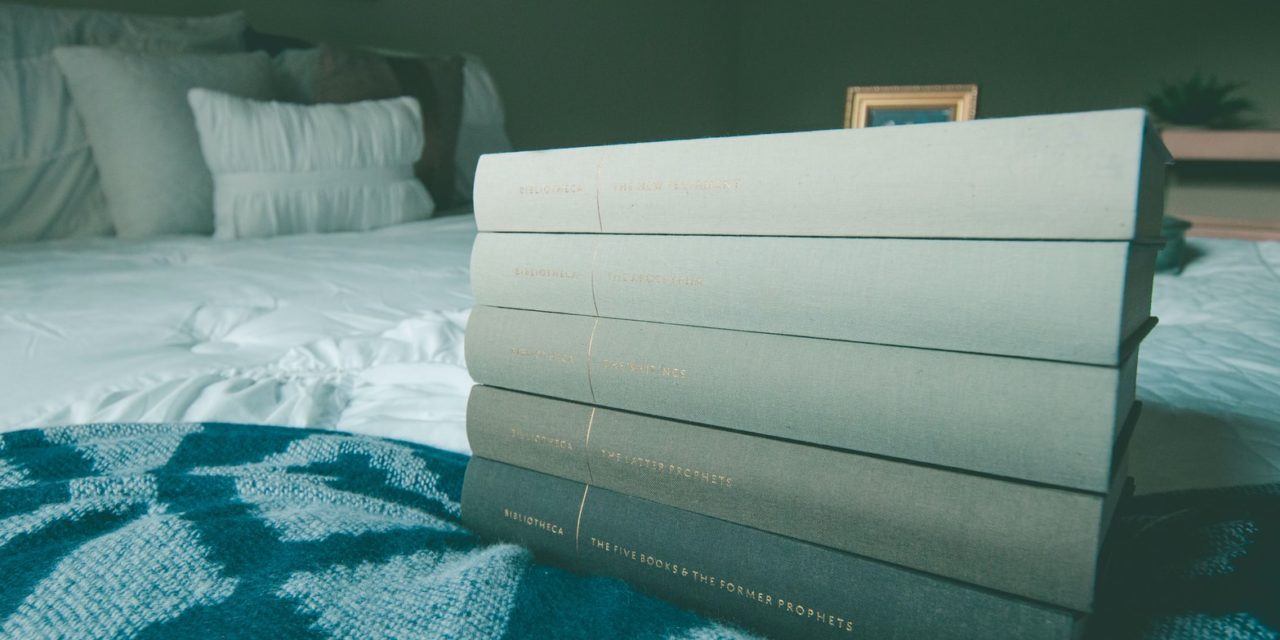[ad_1]
An embroidered pillow is any pillow that has a design stitched on its base fabric. Embroidery threads are typically made out of silk, acrylic, metal, cotton, or wool. The base fabric is typically made out of cotton, linen, wool, or silk. Caution must be taken when attempting to clean an embroidered pillow, as damage can be done to the artwork.
Step 1: Vacuuming
Before you do anything to your embroidered piece, you must vacuum it. Cover the tip of the vacuum hose with nylon stocking or a light mesh material. Start vacuuming the pillow without making the hose nozzle actually contact the pillow. Do this by keeping the nozzle about a half inch above the pillow itself. If the piece has an insert, be sure to turn the embroidery cover inside out and repeat the process. If you are fortunate, and the piece was not all that dirty, this could be the only step you need to take in cleaning your pillow.
Step 2: Colorfastness Testing
In order to prevent the dyes of the pillow from running, you must check the fibers of the material for colorfastness. If your piece has large blocks of color you can put some cold water on a piece of white cloth and rub it over each of the colors on your pillow. For smaller areas just use a wet cotton swab. If you notice any transfer of color onto the white cloth or the cotton swab, do not wash the pillow. If you do so, you will experience fading and discoloration.
Step 3: Hand Washing
Do not do this step if your pillow transferred color. If the piece is unable to be washed you can use a DIY home dry cleaning kit. Simply follow the instructions that come along with the kit.
You should use distilled water if you have iron bacteria or hard water. Otherwise you could stain your pillow due to the minerals in the water. First you need to fill up a sink that is deep enough to engulf your whole pillow with cold water. Make sure you are using a liquid detergent that is free of dyes and perfumes. Liquid detergent is preferred due to its ability to disperse in the water thus leaving less residue on your material. Place the entire pillow in the water and make sure all of the fabric becomes wet. Move the pillow around in the water and then allow it to sit in the water for 10 minutes. Now, drain the sink of the water and fill it up with fresh water. Repeat this process until the pillow and water is completely free of soap. This means the water must be clear with absolutely no suds.
Step 4: Drying
Do not wring out the embroidered pillow to dry it. Roll it up in a towel and squeeze on it softly to remove the moisture. Place the piece on a dry towel and give it time to dry. If pressing is needed simply place a thick white towel on an ironing board. Put your embroidered pillow face down on the towel, cover it with a thin white cloth and press it down on the back.
If all of these instructions are followed correctly you should have a brand new looking piece of embroidery.
[ad_2]
Source by Anthony DeDomenico


